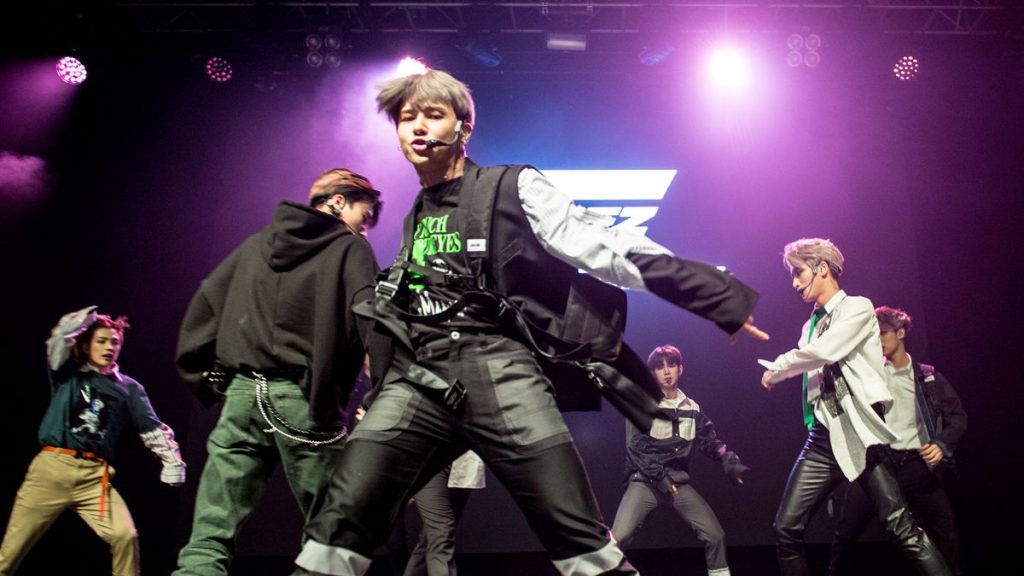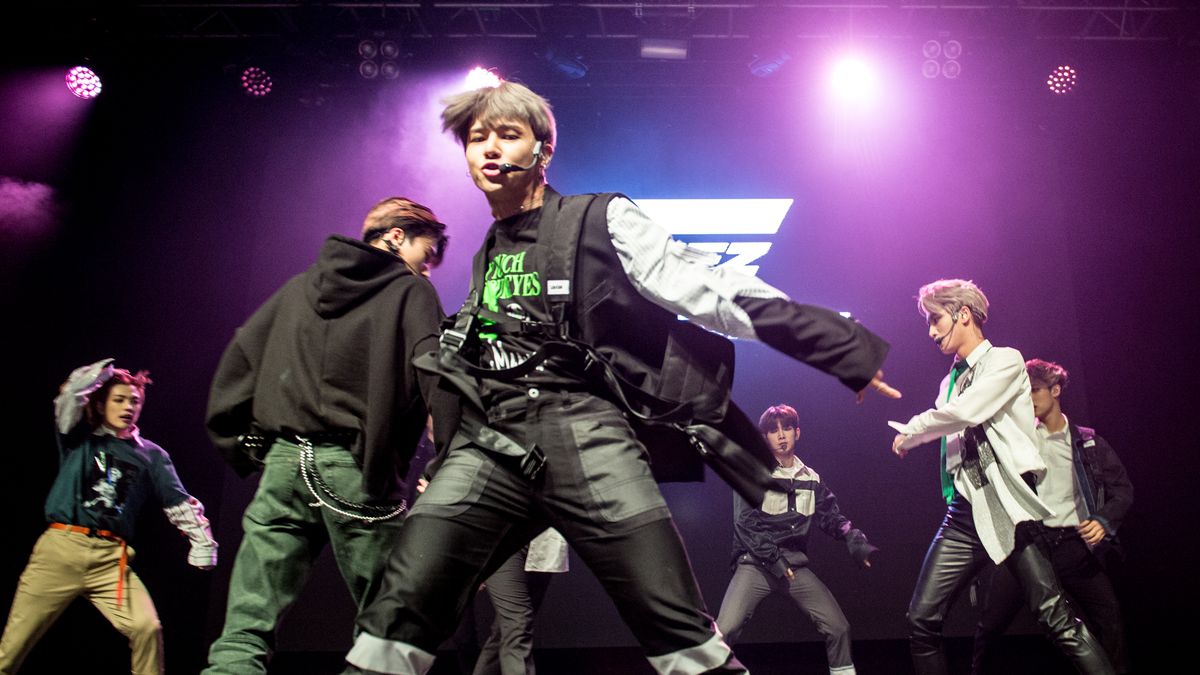Black K-pop fans continue to face racism online – The Verge


As the Black Lives Matter movement took over the national conversation, K-pop fans have regularly been credited with large-scale protest actions. K-pop fans used fancams to flood and crash a watchdog app after Dallas Police asked for footage of “illegal activity from the protests.” Fans of the group BTS donated $1 million to organizations fighting for racial justice after the group donated the same amount to Black Lives Matter. And K-pop fans were credited with reserving tickets to a Trump rally, inflating ticket numbers and making the actual attendance look like a disappointment.
Media coverage started to quickly form a narrative around these events that portrayed fans of Korean pop music as a suddenly politically active and socially conscious monolith. But Black K-pop fans have endured years of anti-blackness from fellow K-pop fans, and it hasn’t changed recently, despite these seemingly progressive moves.
The latest backlash against Black fans happened just last week, when Hongjoong, of the K-pop group ATEEZ, appeared in a promotional photo wearing cornrows, a traditionally Black hairstyle. On Twitter, some Black fans criticized the artist for cultural appropriation, the practice of taking and often benefiting from cultural elements historically tied to another group, often one that’s been a subject of oppression. Hongjoong’s supporters told those speaking out that they should leave the fandom, with one user writing, “that’s why people out there hate black people.”
The backlash against Black fans who criticized Hongjoong for cultural appropriation was difficult to see after weeks of Black Lives Matter protests, a 24-year-old Black American fan said over Twitter DM. She asked to be kept anonymous out of fear of backlash. “To turn around and denounce all of that for a K-pop group is extremely frustrating,” she told The Verge. KQ Entertainment, ATEEZ’s management company, later apologized for Hongjoong’s appearance.
Korean pop acts draw heavily from Black forms of music, notably ’90s R&B. That extends to artists’ behavior and appearance, which can have a racist history in the United States. K-pop performers have appeared in blackface, worn traditionally Black hairstyles like dreadlocks and cornrows, done mocking impressions of Black people talking, said the n-word in songs and on variety shows, worn clothing with the Confederate flag on it in a music video, and dressed up as racist stereotypes. In a conversation with Vox’s Reset, Miranda Ruth Larsen, a PhD candidate at the University of Tokyo, recently referred to this repeat behavior as “cultural misappropriation” since the artists may not understand the global connotation of these fashions and behaviors.
When Black fans speak out about racist behaviors in K-pop, they’re often hit with backlash from other fans. Christa, a Black K-pop fan, said she was met with denial and vitriol after pointing out an artist’s use of a racial slur. Christa, like several other fans The Verge spoke to, asked to be identified by her first name only out of concern for harassment. “I woke up to a lot of retweets and people in my mentions telling me to delete it,” Christa said. Eventually, another fan used the n-word while arguing with her. “And I was like, whoa, I really got attacked calling out a person for saying the N-word?” She deleted her tweet to put an end to the attacks.
Christa’s experience is not unique. The same kind of mass coordination that K-pop fans use to get an artist’s single to the top of the charts or flood a hashtag is very quickly turned against perceived critics, especially Black ones, Larsen told The Verge. Artists’ success starts to be seen as a personal achievement for K-pop fans, said Davonna, a Black fan who has been listening to K-pop since 2008. “And I think that mindset is really dangerous. Anything negative, you take that as someone’s attacking you.”
The attacks Black fans face can range from aggressive replies to upsetting direct messages to the threat of doxxing. Fans tweet out handles of accounts who have criticized their favorite artists, asking other fans to block them, report them, or demand their removal from Twitter.
Black fans have been speaking out about the discrimination they’ve faced for years. In 2018, South Sonder reported on Black fans starting hashtags such as #BLACKGIRLSLIKEKPOP to bring attention to their experiences. BuzzFeed spoke to over a dozen Black K-pop fans that same year who described other fans calling them slurs and sending them rape and death threats. Insider also talked to fans recently who were frustrated by Black voices being overlooked. In articles for Vice and Refinery 29, fans spoke about how they are harassed when they spoke out about cultural appropriation.
The K-pop industry has been slow to take notice. Suga, a member of BTS, recently released a song sampling a speech by cult leader Jim Jones, who was responsible for the mass murder-suicide of more than 900 people, the majority of whom were Black. The song was released shortly before protests broke out over the death of George Floyd, and Black fans were met with harassment for speaking out about it.
Carolyn Hinds, a Black film critic, journalist, and K-pop fan, was among the fans who criticized Suga’s usage of the Jim Jones sample on Twitter. “Black fans were getting insulted, people were called gorillas, roaches. I was told that I was an Anti and I was a hater and I wasn’t smart enough to understand,” Hinds said. Big Hit Entertainment, BTS’s management company, later apologized and rereleased the track without the sample.
This repeat behavior makes K-pop fans’ activism even more fraught. Only days later, K-pop fans flooded the hashtag #whitelivesmatter with videos of their favorite stars to drown out racist voices on Twitter and Instagram amid the Black Lives Matter protests. They also got that hashtag to trend, giving it a larger audience.
“I could just imagine Black people going on Twitter and the first thing they see is this racist hashtag trending,” Christa said. She suggested that fans could have chosen to elevate anti-racist hashtags or tweet links to petitions, like those supporting victims of racial violence, instead of posting fancams.
Davonna said she later saw racist comments from people with Black Lives Matter in their display names. Some fans also used artists’ and fandoms’ actions in support of Black Lives Matter to defend stars’ racist actions.
“We want to see the idols we like do better,” Chelsea S., a Black K-pop fan since 2006, said. “[That’s] why we try and correct them in the first place, because we like these people. We like the music.”